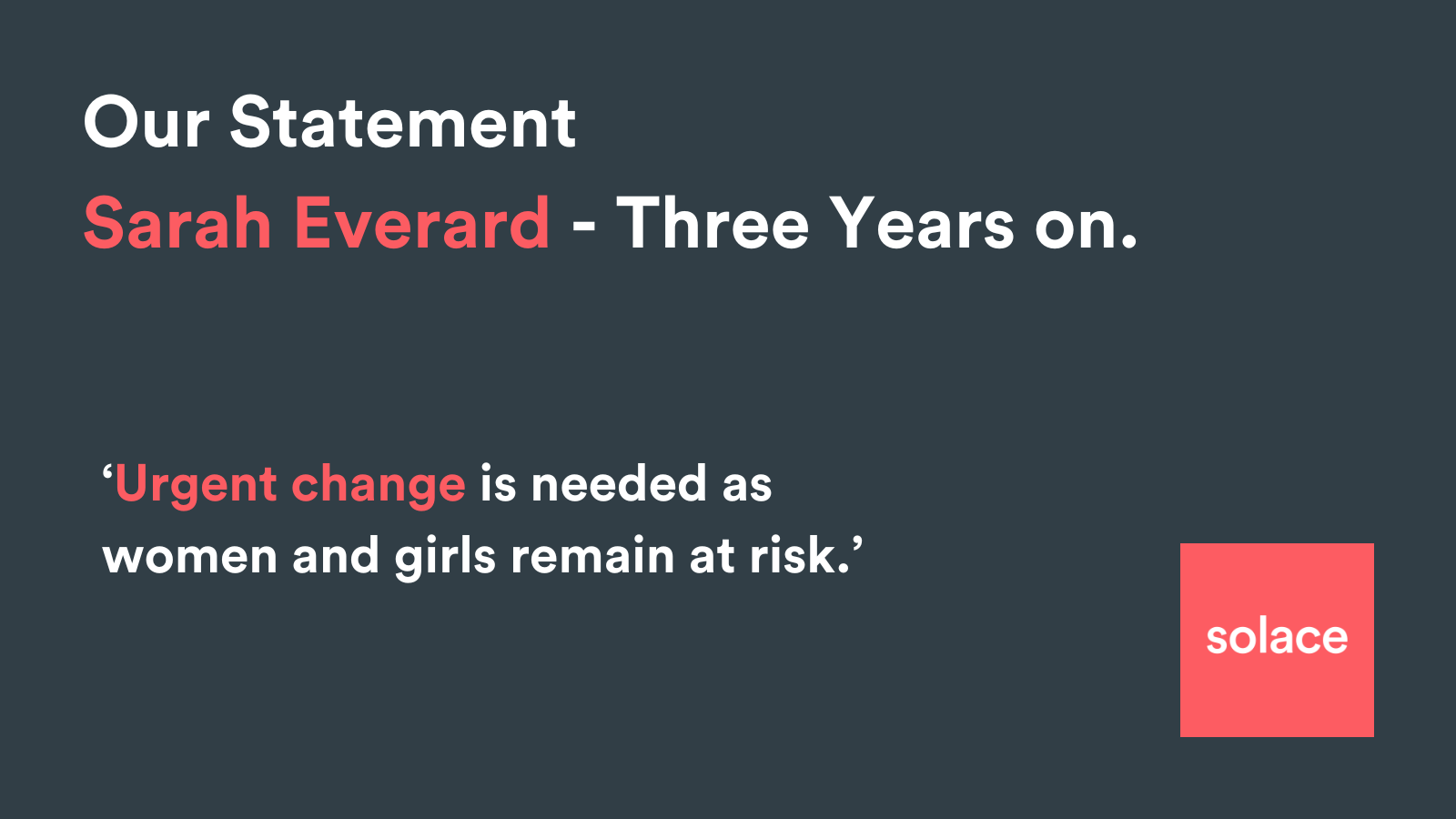
On 3rd March 2021, Sarah Everard was abducted, raped and murdered by a serving Police Officer. At the time this seemed like a watershed moment, an event so shocking that it could only lead to rapid reflection and urgent change. Inquiries and reviews were launched into the culture and standards of the police (Casey Review), into recruitment, vetting processes and wider misogyny and predatory behaviour (Angiolini Inquiry) and into wider police officer dismissals. Promises of institutional change and zero tolerance were made.
The results of these reports have been deeply depressing and repetitive in their findings of normalised misogyny, lack of accountability and a toxic institutionalised culture that many of us are no longer shocked. Alongside Sarah, there are the sadly, more well-known names; Zara Aleena, Bibaa Henry, Nicole Smallman, Sabina Nessa as well as more than one hundred women each year who lose their lives and the tens of thousands of women experiencing violence and abuse that Solace support every year. The only positive we can find is that more women have felt empowered to come forward, and so hopefully more perpetrators will be held to account.
Friday’s findings from the Angiolini Inquiry, that many mistakes were made, that criminal activities were ignored when vetting and that Sarah’s killer should never have been a police officer were sadly no longer unexpected.
Since Sarah’s death we have learned, almost weekly, of the sexual and violent crimes against women and girls from ex and serving police officers. Some worked in the police force for decades committing multiple sexual assaults with seemingly no consequences for them. We’ve learned more about a bullying, racist and sexist culture and seen WhatsApp messages and group chats that defy even our low expectations. In addition, an alarming number of female officers report alleged appalling behaviour by male colleagues. Their allegations include sexual harassment and serious sexual assault.
Women’s faith in the police and the institutions that are meant to protect us and keep us safe is so low that only 41% of women in London would trust individual officers, this falls to 37% for black and minoritised women. Women’s trust is broken and our experiences of the criminal justice system and the responses so far from leaders do not match the moment of reckoning that Sarah’s death should have been.
Urgent change is needed as women and girls remain at risk and at Solace we are calling for:
- Closer working with the specialist violence against women and girls and independent experts to shape police reforms, with real accountability for what they achieve.
- Independent reporting and investigation system to allow victims of police perpetrators and colleagues to come forward and the commissioning of an independent advocacy support for victims of police perpetrated abuse.
- The changes to recruitment, vetting and misconduct changes that have been highlighted in the Casey Review and Angiolini Inquiry.
- Real steps to rebuild survivors’ trust, focusing on significant investment in officer training, and addressing wider discriminatory cultures including misogyny, racism, homophobia and ableism that lead to victims not reporting or not taking cases forward.
In addition, we all need to reflect on how we have normalised the idea that women live in fear, that London is not a safe place for a woman or girl to be alone at night. That all women and girls live their lives being on some level vigilant to the threat of violence. These perpetrators of abuse exist and continue because as a society we don’t prioritise stopping them.
Our deep sadness at what happened to Sarah three years ago has not changed. Once again, we send our thoughts and our love to her family and her friends, and to so many other women who have been through too much trauma and abuse over the last few decades. We have to believe that surely now, with all the evidence of the failings, with all the recommendations for improvement, changes will finally be made, for Sarah and for all of us.

